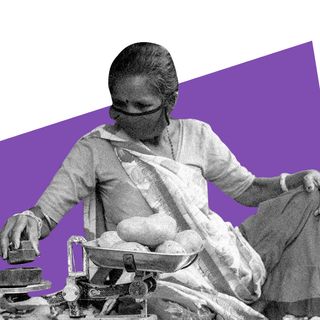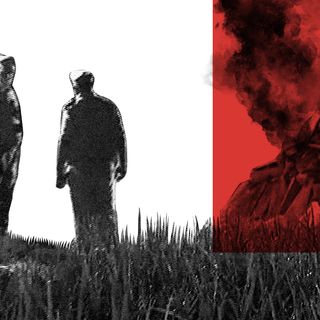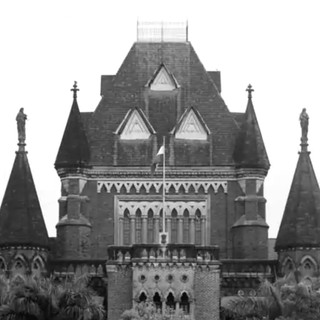Military tracking systems in Pakistan, the mandatory Aarogya Setu app in India, military task forces in Myanmar authorized to arrest people who spread ‘disinformation,’ or emergency powers in Thailand that allow the government to censor the media are all draconian measures that have been made possible by the Covid19 pandemic. A new report by global risk analytics firm Verisk Maplecroft analyzed 198 countries on its Right to Privacy Index, and found countries in Asia to be at the highest risk for privacy violations of their people.
Digital surveillance tools — fever detection goggles, apps that track people’s movement, and drones deployed to ensure curfew — are lending authoritarian regimes more power under Covid19, which analysts warn are likely to stay employed even after the pandemic ends. This surveillance has also exercised a chilling effect on the privacy and freedom of speech of people in these areas, with the threat of arrest deterring people to speak truth to power, or question their governments regarding their rights, safety, and freedoms.
According to the World Health Organization’s 2017 guidelines on disease surveillance, the state needs to ensure that there is no unauthorized access or disclosure of health data, while also implementing a framework that is cognizant of just how much data is actually required to inform policy-making. For example, at a local level, government agencies might need health data of individual people, but those at higher levels would only need aggregated data based on region, thereby negating the need for them to know the movement of individuals at the ground level. But we now know that India’s implementation of tech surveillance in the Covid19 pandemic has been “ad hoc, reactionary, and wholly outside the framework of any public health legislation,” Kritika Bhardwaj writes for the Economic and Political Weekly.
Related on The Swaddle:
All The Arguments You Need: to Convince People They Should Care About Digital Privacy
“When surveillance is introduced to protect health, we need to look at the secondary impact, your right to privacy,” senior human rights analyst with Verisk Maplecroft, Sofia Nazalya, tells The Guardian. “When downloading a smartphone application that tracks location and health we need to know how long the information will be stored, will it be anonymized? Then beyond that when we think about the use of data, there is always the danger that more authoritarian countries will use it for political ends.”
Such as in India, where all employees must download the Aarogya Setu app before returning to work, a move Nazalya writes will increase “risk of excessive collection of personal information, potentially with little oversight and a vague understanding of how long their data may be stored for and who has access to it.” When these measures are implemented in weak democracies, which are already compromising human rights by the millions, then the very idea of civil liberty is threatened by the creation of a surveillance-aided police state.
In these times, Nazalya urges tech companies to be careful about developing surveillance technologies and stay vigilant about who gets to deploy them at a mass scale. At the same time, legislative powers in these countries need to ensure surveilling institutions remain accountable about the means and ends of their data collection.
Nazalya adds, “We need to ask that at the end of the pandemic, for example, will it still make sense to have drones flying about? Human rights need to be part of the agenda.”




